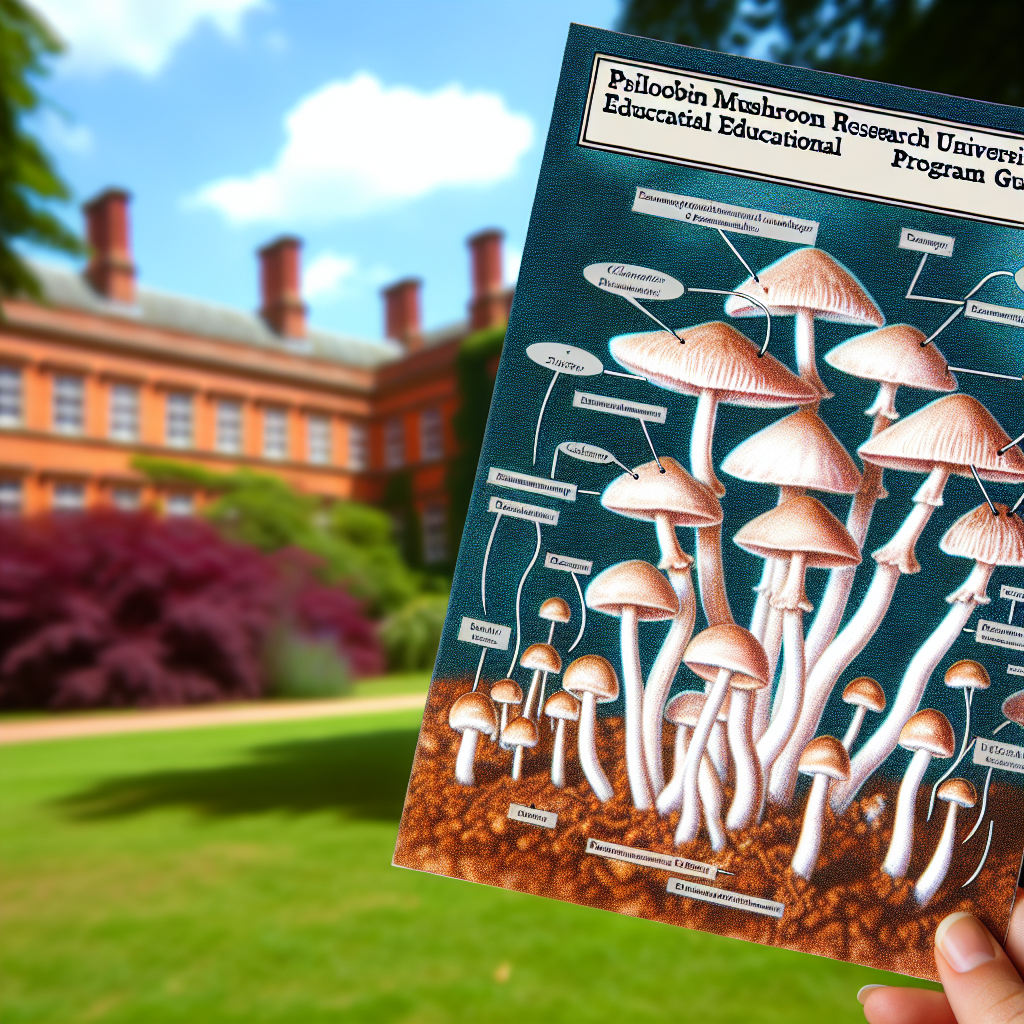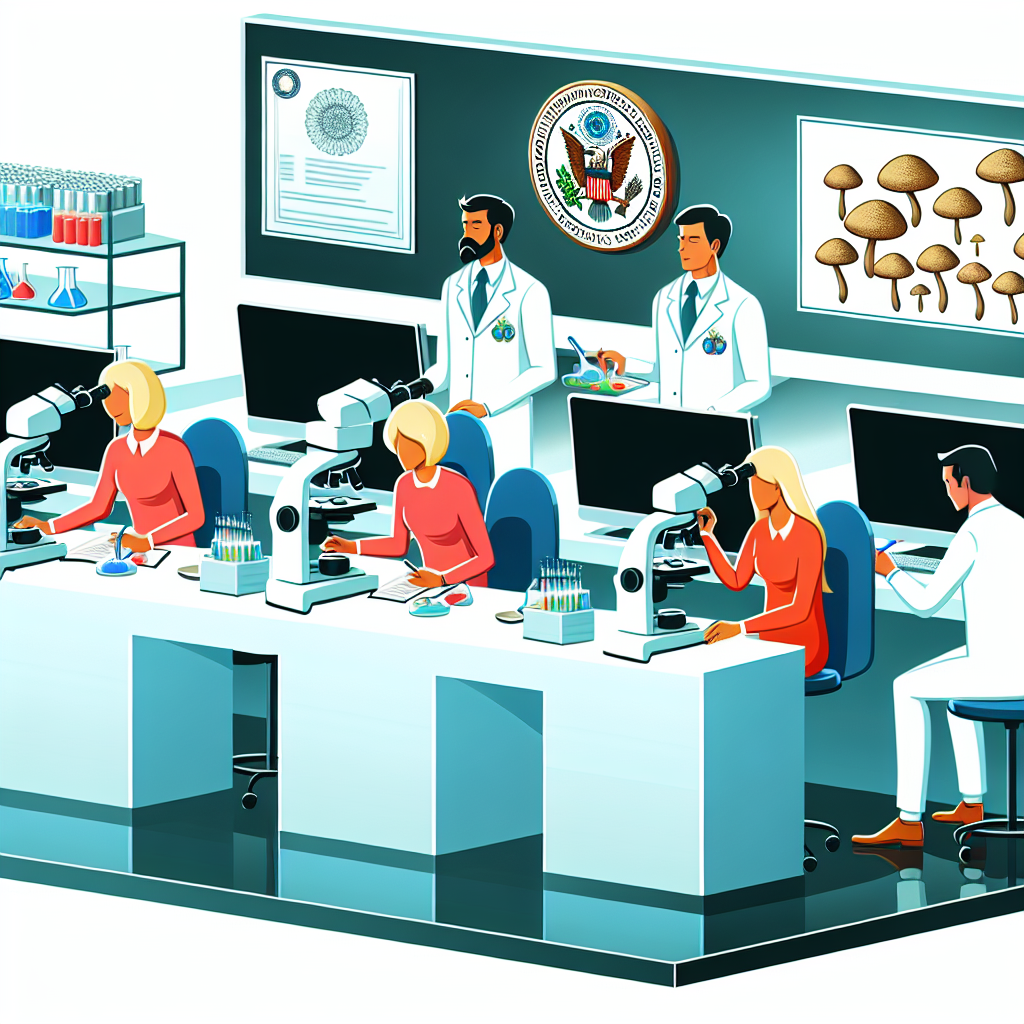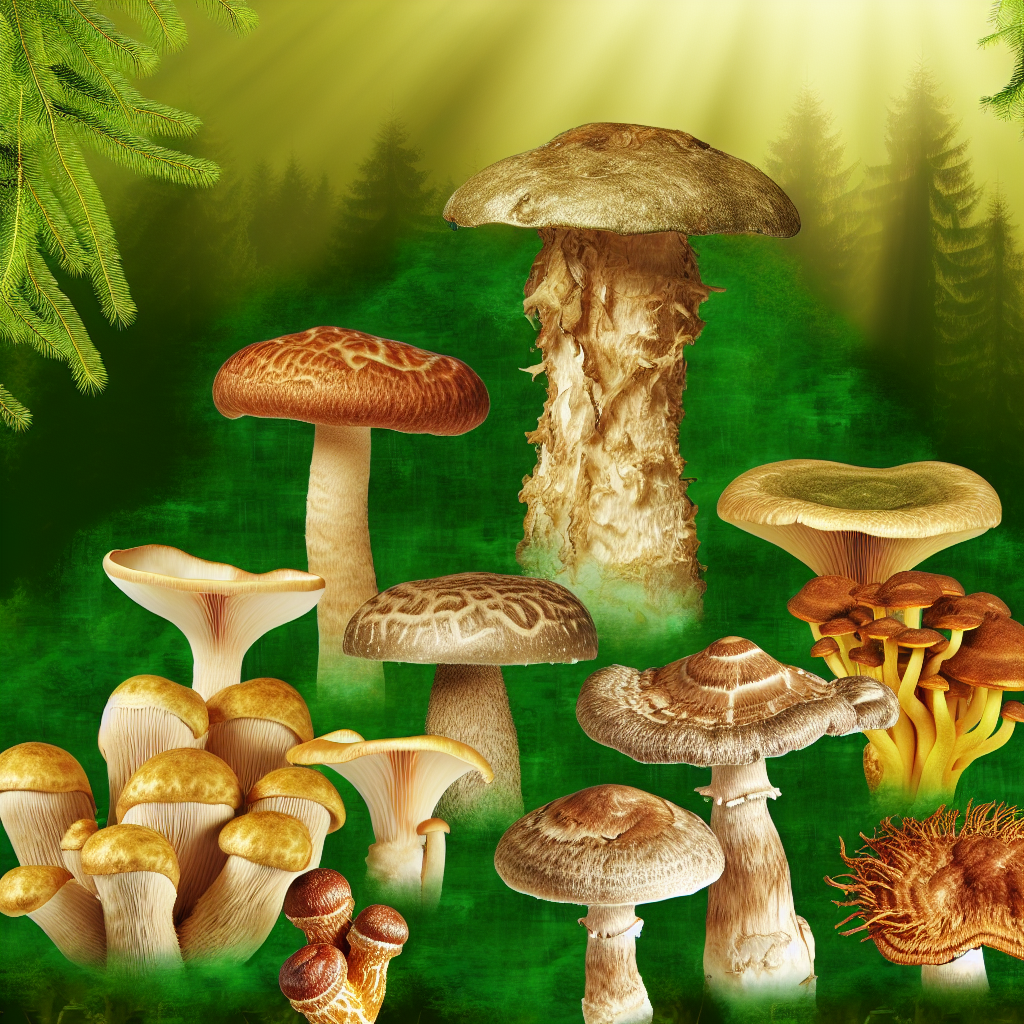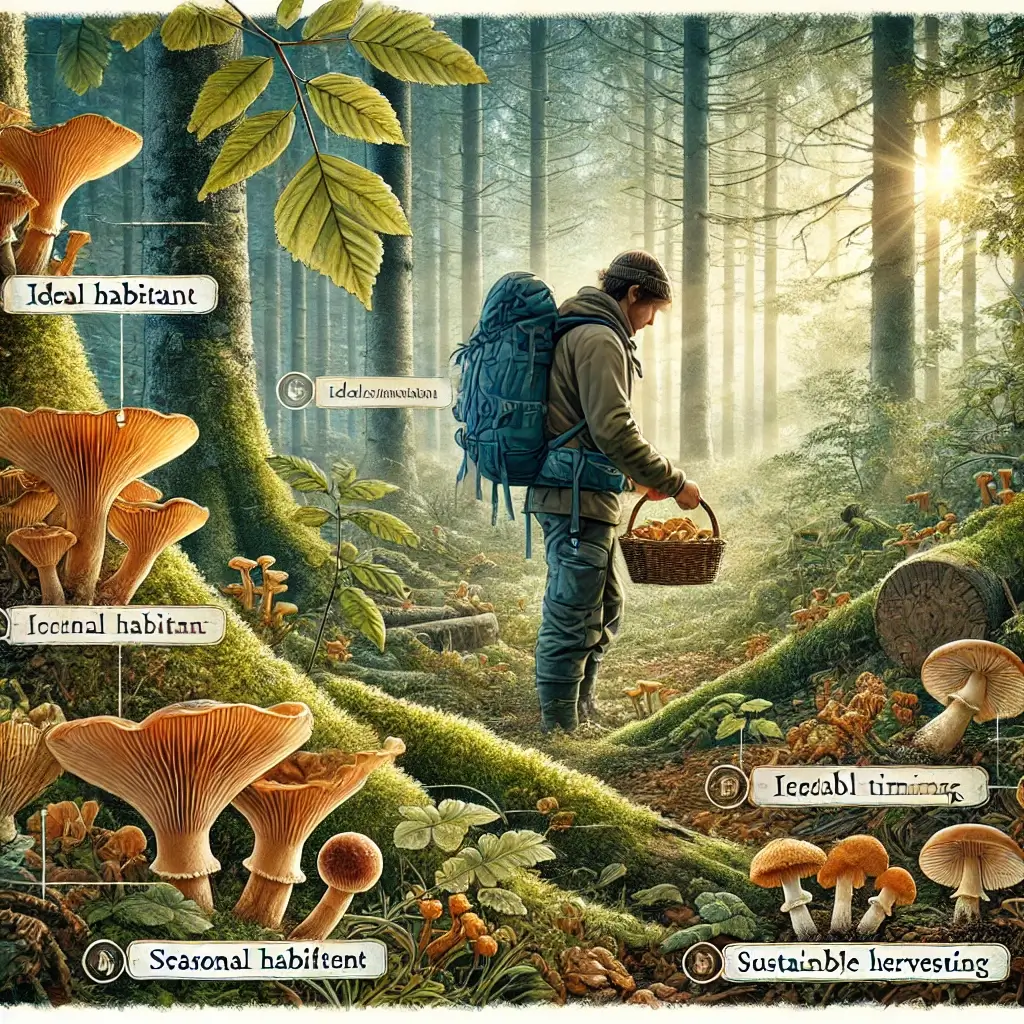Psilocybin Mushroom Research Universities: Educational Program Guide
Introduction: The Rise of Psilocybin in Academia
Psilocybin, the psychoactive compound naturally found in certain species of mushrooms, is quickly gaining recognition within the scientific and medical communities for its therapeutic potential. Once relegated to the fringes of psychiatric research due to its classification as a Schedule I substance in many nations, psilocybin has experienced a significant renaissance over the past two decades.
Leading research universities and academic institutions are now studying its profound effects on mental health disorders such as depression, PTSD, addiction, and anxiety—particularly in patients with terminal illness. As societal attitudes toward psychedelic therapies shift and new legislation opens the door for clinical research and therapeutic applications, universities play a pivotal role in shaping the next generation of professionals who will lead the conversation in psychedelic medicine. Institutions across the United States, Canada, and Europe are offering structured educational programs, certifications, and degrees focused on the science, policy, and therapeutic use of psilocybin and other psychedelics.
These programs blend neuroscience, psychology, pharmacology, and clinical therapy, offering a multidisciplinary approach to understanding psychedelics in modern medicine.
Leading Universities Breaking New Ground in Psilocybin Studies
A number of top academic institutions around the world have established themselves as pioneers in the field of psychedelic research. Here’s a look at the programs leading the movement:
Johns Hopkins University – Center for Psychedelic and Consciousness Research
Founded in 2019, the Center for Psychedelic and Consciousness Research at Johns Hopkins University is recognized as a global frontrunner in psilocybin research. As the first U.S. center dedicated exclusively to psychedelic studies, it has published more than 60 peer-reviewed articles, highlighting psilocybin’s potential to reduce treatment-resistant depression, provide lasting relief for cancer anxiety, and decrease substance addiction.
Johns Hopkins also offers therapist training programs designed to educate healthcare professionals in the ethical and effective use of psychedelics in therapy.
University of California, Berkeley – Center for the Science of Psychedelics (BCSP)
Established in 2020, UC Berkeley’s BCSP brings collaboration among scientists, philosophers, and social scientists to explore the transformative effects of psychedelics. Beyond public education, BCSP offers a Certificate in Psychedelic Facilitation through UC Berkeley Extension.
The center prioritizes inclusivity and accessibility, working to expand psychedelic science to underserved communities and diverse populations.
Imperial College London – Centre for Psychedelic Research
As Europe’s first dedicated psychedelic research hub, Imperial College London’s Centre for Psychedelic Research has led high-impact clinical trials studying psilocybin for depression and its neurological influence on consciousness.
Notably, Imperial’s phase 2 clinical trial compared psilocybin therapy with a traditional SSRI antidepressant, revealing similar efficacy but with fewer side effects from psilocybin.
New York University – Langone Health Center for Psychedelic Medicine
NYU’s Langone Health incorporates psilocybin research right into its Department of Psychiatry and is renowned for its work targeting existential anxiety in terminally ill patients. The center also offers advanced clinical training and support systems for mental health professionals interested in incorporating psychedelic therapy into clinical practice.
Naropa University – Certificate in Psychedelic-Assisted Therapies
Naropa University is a leader in contemplative education and offers a one-year Certificate in Psychedelic-Assisted Therapies for licensed therapists and mental health professionals. The program emphasizes mindfulness and integrates Buddhist-informed perspectives for a holistic approach to healing.
Psychedelic Science Training and Certification Opportunities
In addition to traditional university offerings, students and professionals can access certification programs through reputable psychedelic research and advocacy organizations.
Multidisciplinary Association for Psychedelic Studies (MAPS)
MAPS offers groundbreaking programs focused on MDMA and psilocybin therapies. Their FDA-approved protocols and clinician training courses set industry standards.
California Institute of Integral Studies (CIIS)
CIIS offers a well-respected Certificate in Psychedelic-Assisted Therapies and Research. This program combines academic rigor with clinical insights taught by university-affiliated faculty and psychedelic medicine experts.
Conclusion: A New Frontier in Mental Health Begins with Education
As society continues to re-evaluate the legal and medical standing of psilocybin mushrooms, academic institutions are stepping forward to provide the training, ethical guidance, and research necessary to support a sustainable future in psychedelic medicine.
For students, clinicians, and researchers committed to global mental health, these programs are more than educational—they are engines of transformation. With cross-disciplinary curriculums, clinical training, and rigorous research studies, these universities are helping to unlock the vast potential psilocybin offers to treat some of our most challenging mental health conditions.
Start your journey today by exploring the educational institutions that are illuminating the future of psychedelic-assisted therapy.
Concise Summary:
The article explores the rise of psilocybin research in academia, highlighting leading universities and certification programs that are shaping the future of psychedelic medicine. From Johns Hopkins to UC Berkeley, these institutions are driving breakthroughs in understanding psilocybin’s therapeutic potential for mental health disorders. As societal attitudes shift, these educational programs are training the next generation of clinicians, researchers, and advocates to responsibly integrate psychedelics into modern healthcare.
References:
– Johns Hopkins Center for Psychedelic & Consciousness Research
– UC Berkeley Center for the Science of Psychedelics
– Imperial College London Centre for Psychedelic Research
– NYU Langone Center for Psychedelic Medicine
– Naropa University
– CIIS Psychedelic-Assisted Therapy Certificate
– Multidisciplinary Association for Psychedelic Studies (MAPS)

Dominic E. is a passionate filmmaker navigating the exciting intersection of art and science. By day, he delves into the complexities of the human body as a full-time medical writer, meticulously translating intricate medical concepts into accessible and engaging narratives. By night, he explores the boundless realm of cinematic storytelling, crafting narratives that evoke emotion and challenge perspectives. Film Student and Full-time Medical Writer for ContentVendor.com




